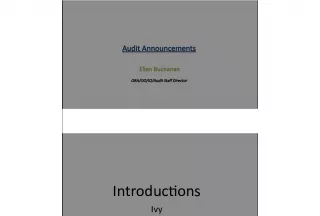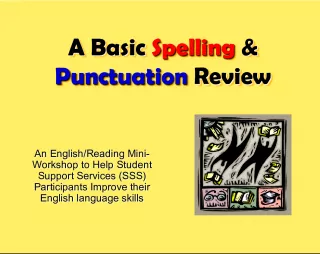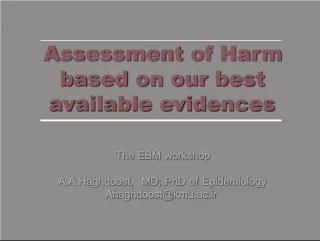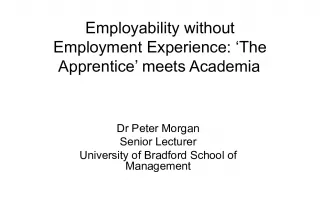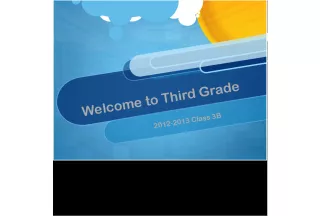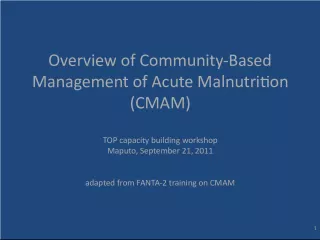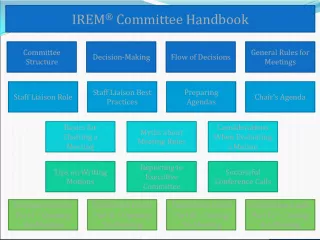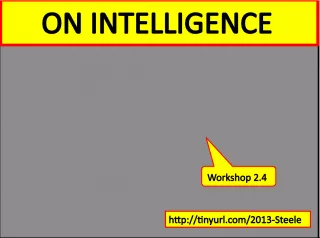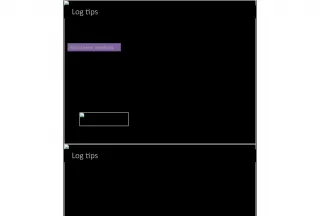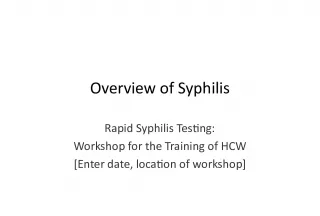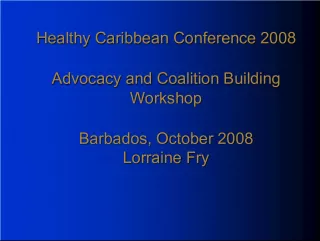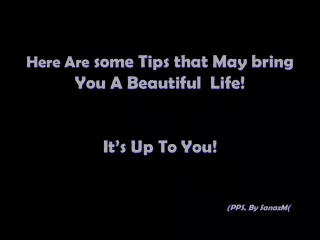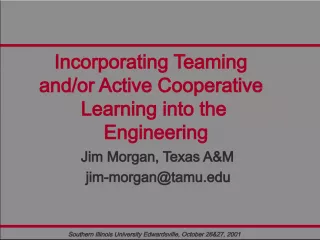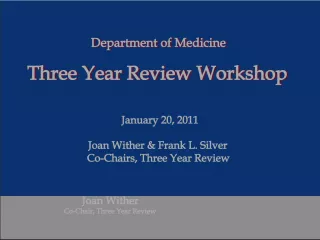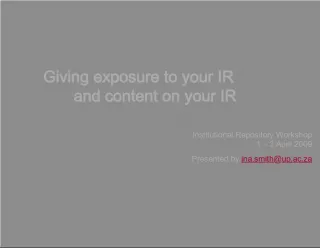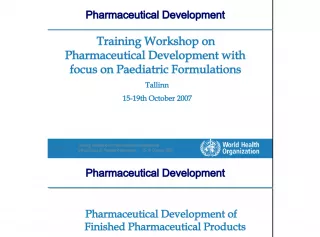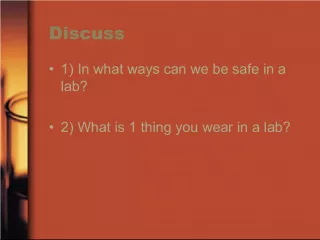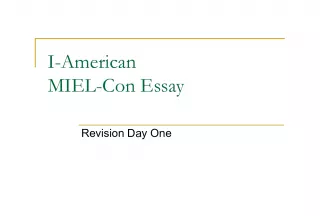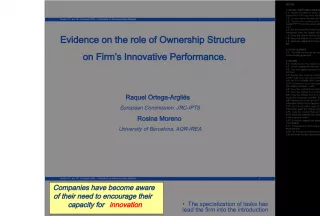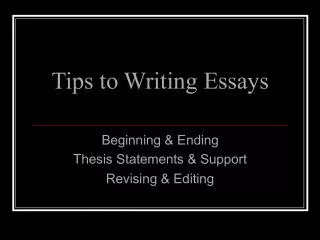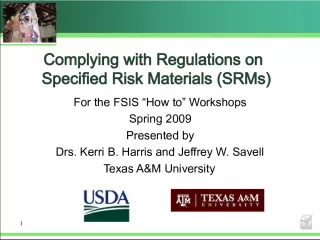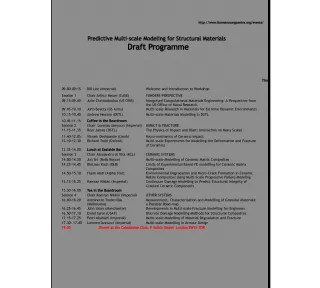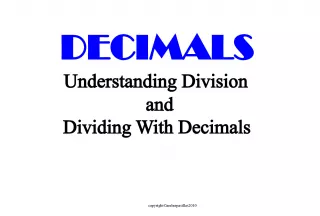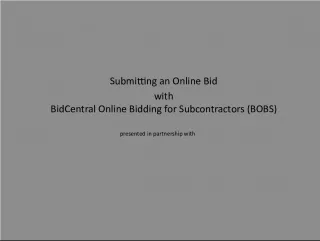Fulbright Workshop: Tips for Preparing Your Candidature
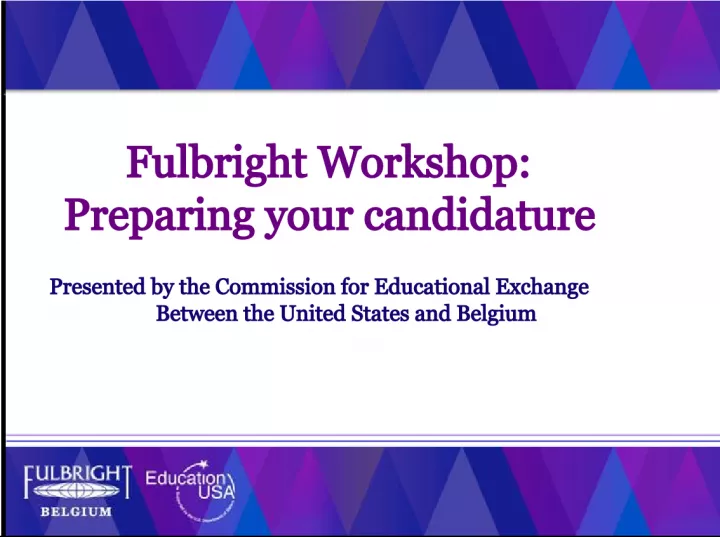

The Commission for Educational Exchange Between the United States and Belgium presents a workshop on preparing your canditature for Fulbright grants. Learn about application materials, including essays, recommendation letters, and more.
- Uploaded on | 1 Views
-
 eleanora
eleanora
About Fulbright Workshop: Tips for Preparing Your Candidature
PowerPoint presentation about 'Fulbright Workshop: Tips for Preparing Your Candidature'. This presentation describes the topic on The Commission for Educational Exchange Between the United States and Belgium presents a workshop on preparing your canditature for Fulbright grants. Learn about application materials, including essays, recommendation letters, and more.. The key topics included in this slideshow are Fulbright Grants, Study, Research, Application Materials, Recommendation letters,. Download this presentation absolutely free.
Presentation Transcript
1. Fulbright Workshop: Preparing your candidature Presented by the Commission for Educational Exchange Between the United States and Belgium
2. Mission Education Advising Center Website Email - Phone Outreach Resource Library Fulbright Grants Study/ Research Journalism/ Law/ MBA European Union Teachers/ Language Assistants
3. Application Materials Online application form Americanized Resume/CV Transcripts and diploma from your most recent degree 2 Essays* 3 Recommendation Letters Invitation letter Optional materials: Writing sample (doctoral students only), test scores, admission letter
4. US Plans degree, field of study, dates, schools Nationality Degrees and grades Previous US experience and visas
5. Online Application EMBARK Objective: Students: Masters, Ph.D., Visiting Student Researcher Scholars: Research, Lecture, Research/Lecture If you indicate test scores/admission/invitation, upload proof Indicate other sources of funds
6. Your resume must be brief Personal contact information at the top omit pictures, nationality, gender, marital status, etc. Proofread : take care with the presentation, design, spaces, and spelling of your resume. Don't use abbreviations. Be organized : your resume should be a quick & easy read Emphasize sections and things that are important with underlines or bold type. Organize in reverse chronological order Resume Tips
7. Write your resume in third person of the singular form. Use action verbs Emphasize your skills and achievements without lying. Adapt your resume for our scholarships. Resume Tips
8. Education starting with the last school attended or graduated. Include name of institution, location, degree earned, dates attended, area of study as well as grade point average if it is high. Include thesis title if applicable. Work experience in chronological order including job title, company name and location, achievements (not duties), and dates of employment. Publications Scholarships including the date and funding body. Affiliations : extracurricular, volunteer work, community involvement and professional activities. Skills: languages, computer skills, industry specific knowledge Only include interests that can be points of conversation Items to Include
9. Transcripts & Diploma English, French, or Dutch Upload as a single PDF
10. Graduate Awards Essays There are two essays for graduate studies applications: Study/Research Objectives Essay: a clear and detailed description of your study/research objectives Personal Statement Essay: a narrative statement describing how you achieved your current goals
11. 11 Objectives and your reason for pursuing them Be: clear, detailed, and specific Why there? Why now? Paint a picture of how it fits your past and future plans Describe the program you want to undertake 500-700 words (2 pages) Study/Research Objectives
12. Personal Statement Essay This essay describes yourself and educational/professional development. It includes: Relevant educational, practical, and career experiences Special interests and career plans; What would you do in the U.S.? What would you do upon your return to Belgium? Dont list facts or be repetitive; describe how and why your development happened 500-700 words (2 pages)
13. Start early Create your CV Brainstorm examples of how you have demonstrated your interest/expertise in the field Think about how graduate school fits into your future plans Research program websites, talk to program alumni Allow ample time to draft and edit your document and have at least one person edit your document for grammar and style Four or five drafts are normal 13 How do I write one?
14. Evaluate a significant experience, achievement, risk you have taken, or ethical dilemma you have faced and its impact on you. Discuss some issue of personal, local, national, or international concern and its importance to you. Indicate a person who has had a significant influence on you, and describe that influence. Please tell us your goals for graduate study in X field and for your career. Why is X the right place to pursue your academic objectives and to prepare you to meet your professional goals? Why have you selected the degree program to which you are applying? 14 Items to Discuss
15. A range of academic interests, personal perspectives, and life experiences adds much to the educational mix. Given your personal background, describe an experience that illustrates what you would bring to the diversity in a college community, or an encounter that demonstrated the importance of diversity to you. Topic of your choice 15 Items to Discuss
16. Introduction When I was 17 years old, my father took me to a Belgian brewery for the first time. Since then, Ive been conducting my own brewing experiments and selling the products to local shops Middle I have the passion for brewing, but I want to understand the mechanics and learn how to scale the demand for my product XYZ schools dual MS/MBA program will enable me Conclusion As a result, I will be able to spread my good beer throughout Belgium and hopefully introduce others to the joy of locally made beer the way my father introduced me. 16 Example Answer
17. Keep in mind the purpose of the statements do not include extraneous material Tell a story/find an angle Draw conclusions about the value of your experiences do not recount activities Use examples, especially the number of years whenever possible Concentrate on your opening paragraph BRAG! 17 Dos
18. Mention grades, testing scores or specific US universities you are interested in Repeat or contradict information given elsewhere Get too emotional, broad or technical. Avoid clichs. Use contractions/be too casual Focus on the adversity. Instead, focus on your reaction to it. Controversy: your admissions officer might have an opposite opinion Tell the reader what is important in your field 18 Dont
19. Video tips This video was prepared by the U.S. Embassy in Kabul on how to write a great application essay ( 9 minutes ): http://www.youtube.com/watch?v=mpFDm0VM498 Belgian grantee: http://www.youtube.com/watch?v=yTAAAloIPTg&list=PLVr dPYu5R-KHclUOn5BmHAG-gOklI_sNy
20. Peer Exercise Cross out anything that Is irrelevant to the main points of the essay Repeats what has already been said Underline sentences that are solely descriptive Box words that should be replaced with the help of a thesaurus, if necessary Place brackets around sections that require clarification Draw stars next to any parts that are great!
21. Did the opening paragraph make you want to keep reading, or no? Do you understand this persons motivation for graduate school, and how it fits in to their life story? Were there enough examples, or was it too general? Questions to Answer
22. Scholar Essays Compelling, theoretically sound, well-written, feasible Proposed project, as well as the strategy for completing it, should be thoroughly explained in three to five single-sided pages. (3,500 words) Including irrelevant or extraneous material may divert attention from the project statement. Begin the project statement with your name, country and the project title at the top of page one. At the top of each subsequent page, type your name and country.
23. Tips Be practical Think of the details: who will you work with? Where? How often? What other sources of support will you have? Dont bury yourself in work Focus on relational outcomes more than paper ones Use additional one to three pages of references relevant to the proposed research Funding sources is only additional documentation requested
24. Letterhead Project content Specific dates Resources available Contact information Signature ONLY FOR YOUR SELECTED INSTITUTION
25. Recommendation Letters Professors, administrators, or employers Choose someone who knows you well, inside and outside of the classroom Who can write them? Length and capacity of relationship Quality and examples of your academic and/or professional work Comparison to others, when appropriate Potential to do well in program What should they include?
26. Develop strong relationships with academic and professional colleagues Ask for letter of recommendation early and in- person Talk about your motivation for applying Provide them with resources like your CV to help them know what elements to include Follow up to make sure the letter is sent! 26 Recommendation Letters
28. Interviews Mid-December or mid-March Royal Library in Brussels, next to Central Station 15-minutes long Panel of 4-5: Commission staff, government officials, academics, alumni Only for top-ranked candidates
29. Interviews: Tips What should you prepare? Motivations for going to the U.S.: What will you do in addition to your studies/teaching?; What activities would you like to pursue? Specific personal, academic, cultural plans How will you give back?
30. Interviews: Tips Dont list languages or qualifications you dont have Be simple and be clear Have confidence will you succeed in America? Dont be nervous! Dont try to immigrate
31. Interview: Tips A successful candidate strongly demonstrates: English proficiency Ambassadorial qualities and interest in Fulbright alumni association Ability to explain cultural differences and academic goals/experiences clearly Video of a past grantee (tips): http://www.youtube.com/watch?v=KvQIKb_jbvc&list=PLVr dPYu5R-KHclUOn5BmHAG-gOklI_sNy
34. Royal Library Albert I, 3rd Floor Boulevard de LEmpereur, 4, Keizerslaan B-1000 Brussels, Belgium Tel: +32 (0)2 519.57.72 fulbright@fulbright.be www.fulbright.be
